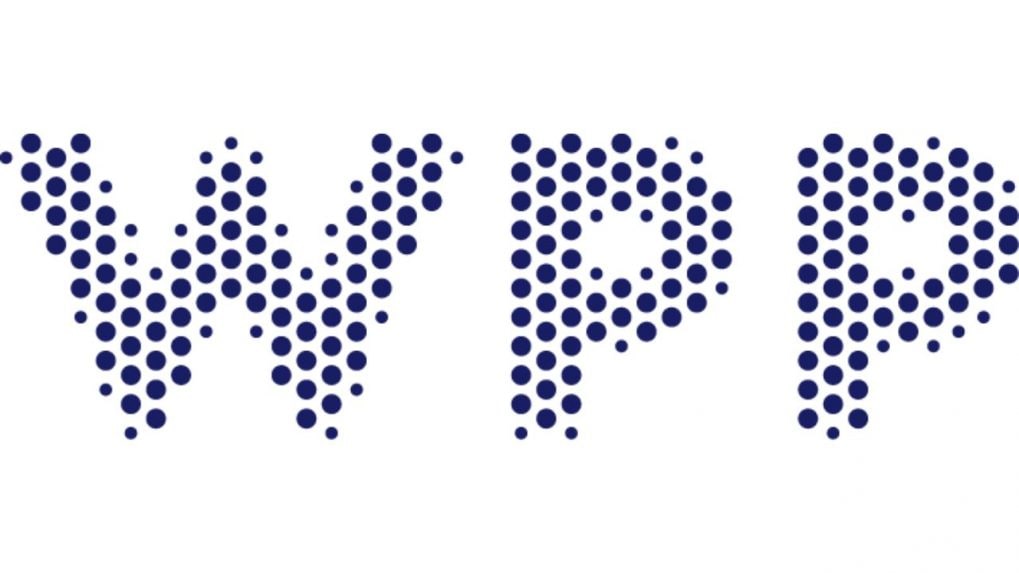Digital
Why OpenAI is hiring 100 ex-bankers: Inside the ChatGPT-maker's secret project to automate Wall Street's grunt work

WPP, the world's largest advertising and communications company, has announced a significant policy shift requiring its 110,000-strong global workforce to return to the office for four days a week starting April.
This marks a departure from the flexible work-from-home arrangements introduced during the Covid-19 pandemic.
Under the new rules, employees will have the option to work remotely for one day each week. However, at least two Fridays per month will be mandatory office days. Special considerations will be made for individuals with caregiving responsibilities or health challenges, evaluated on a case-by-case basis.
The change was communicated via an internal memo from CEO Mark Read, who highlighted data suggesting that higher office attendance correlates with stronger employee engagement, better financial outcomes, and improved client satisfaction.
The decision places WPP ahead of its competitors, such as Publicis and Omnicom, which have adopted less stringent three-day office workweeks.
Read emphasized the irreplaceable value of in-person collaboration in the advertising industry. The new policy provides employees a timeline until April to prepare for the transition, ensuring ample time for logistical and personal adjustments.
In a wide-ranging interview with Storyboard18, Sorrell delivers his frankest assessment yet of how the deal will redefine creativity, media, and talent across markets.